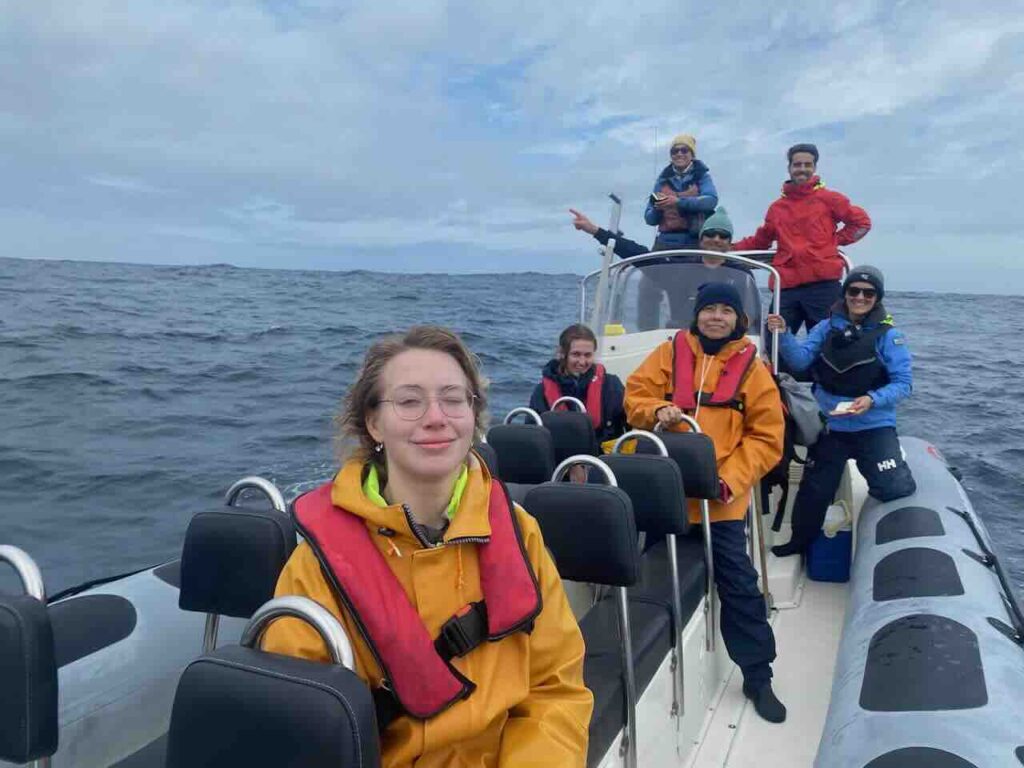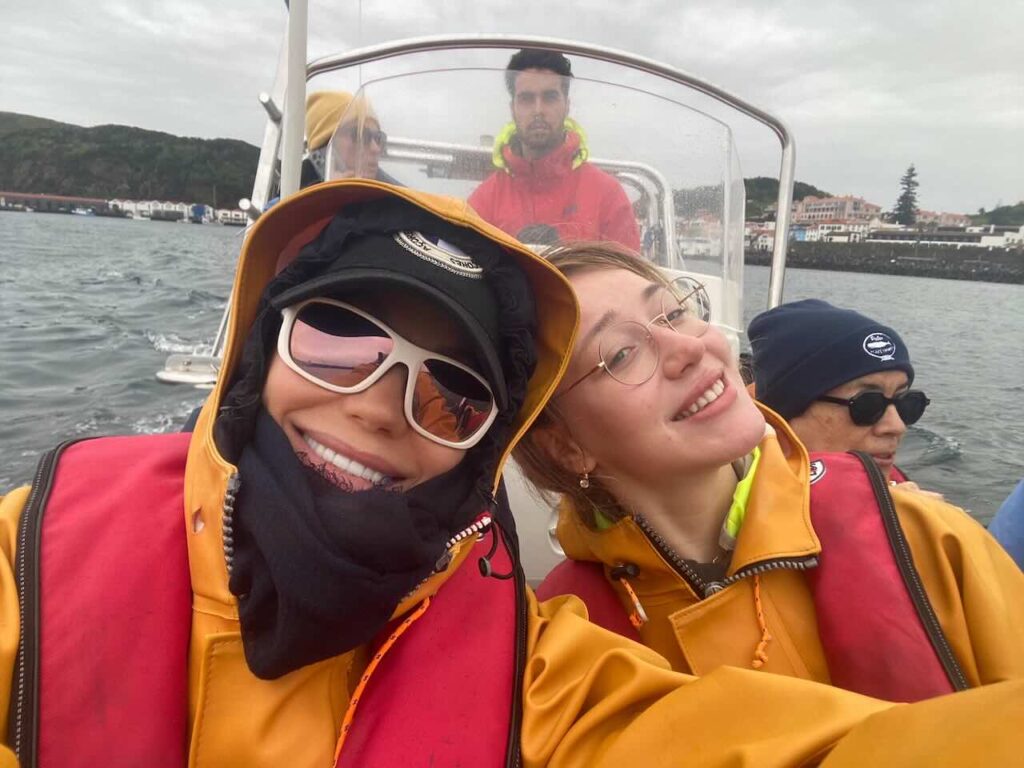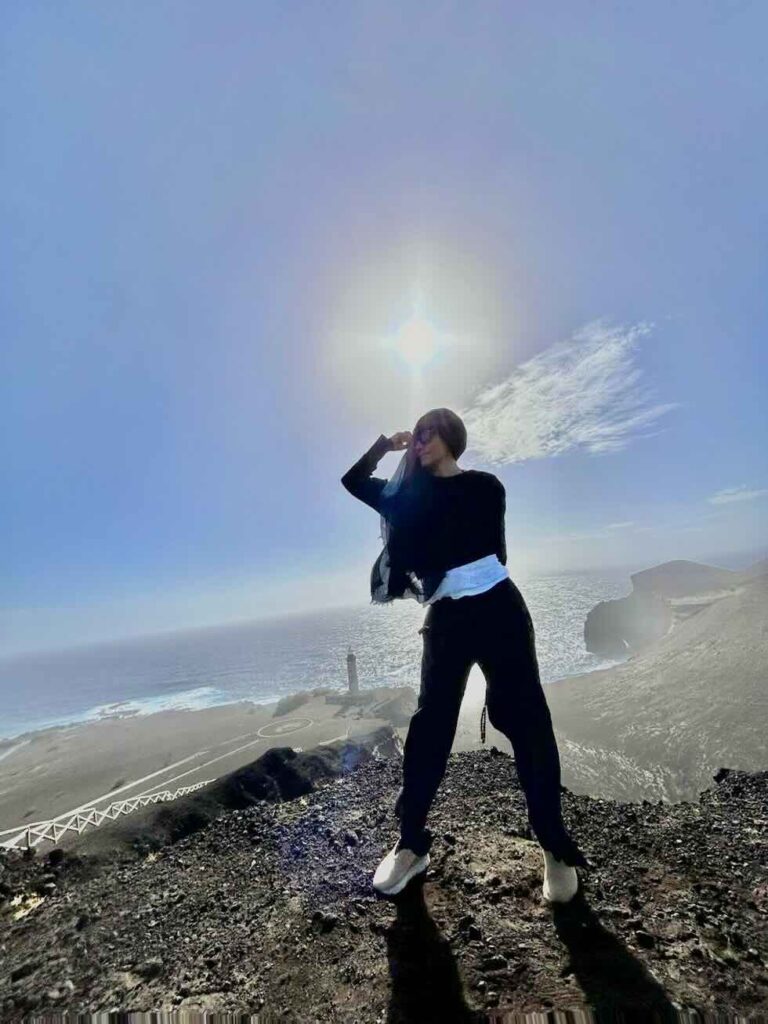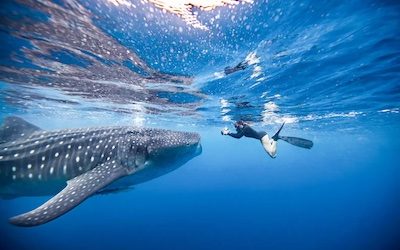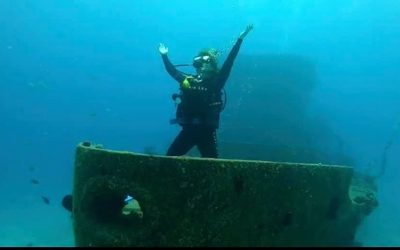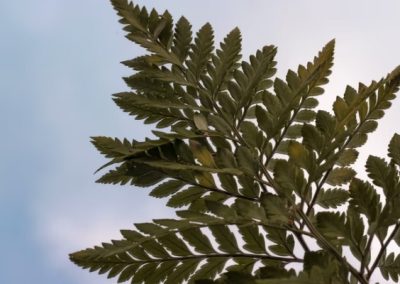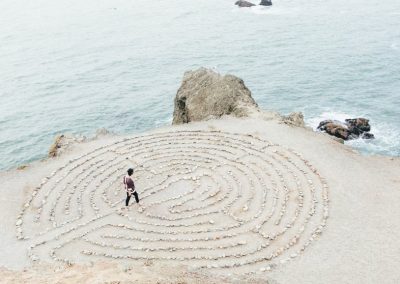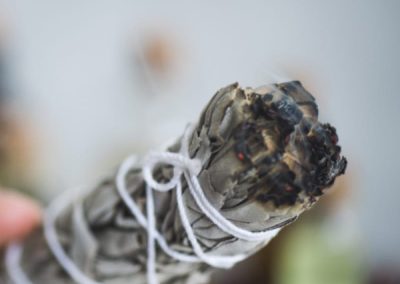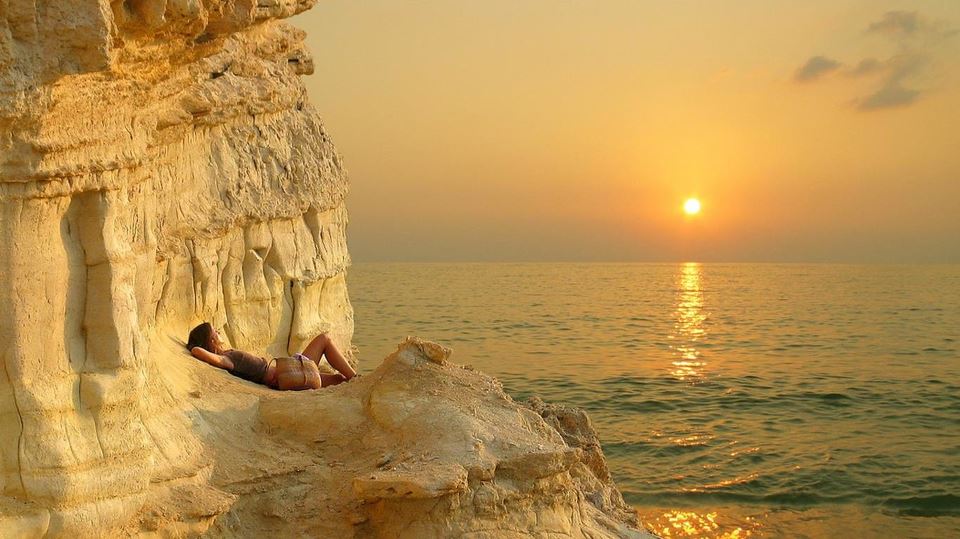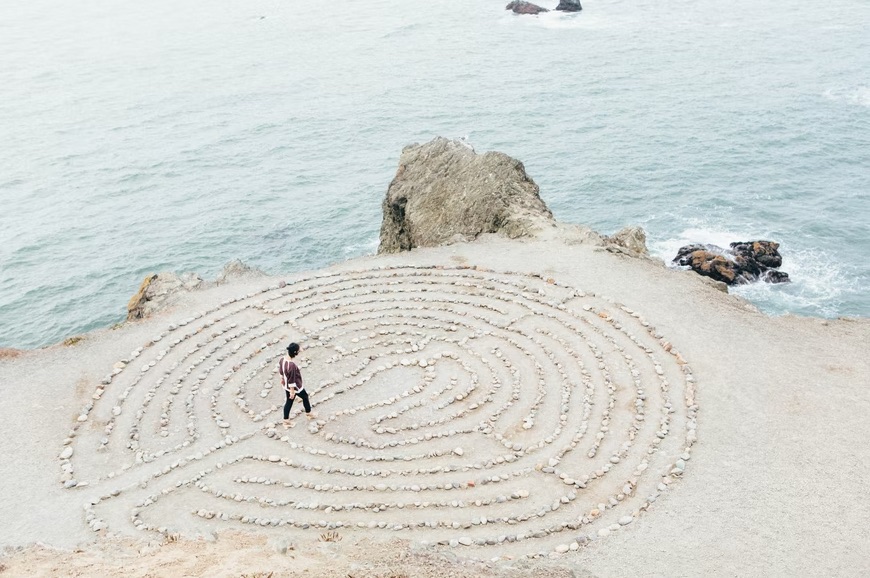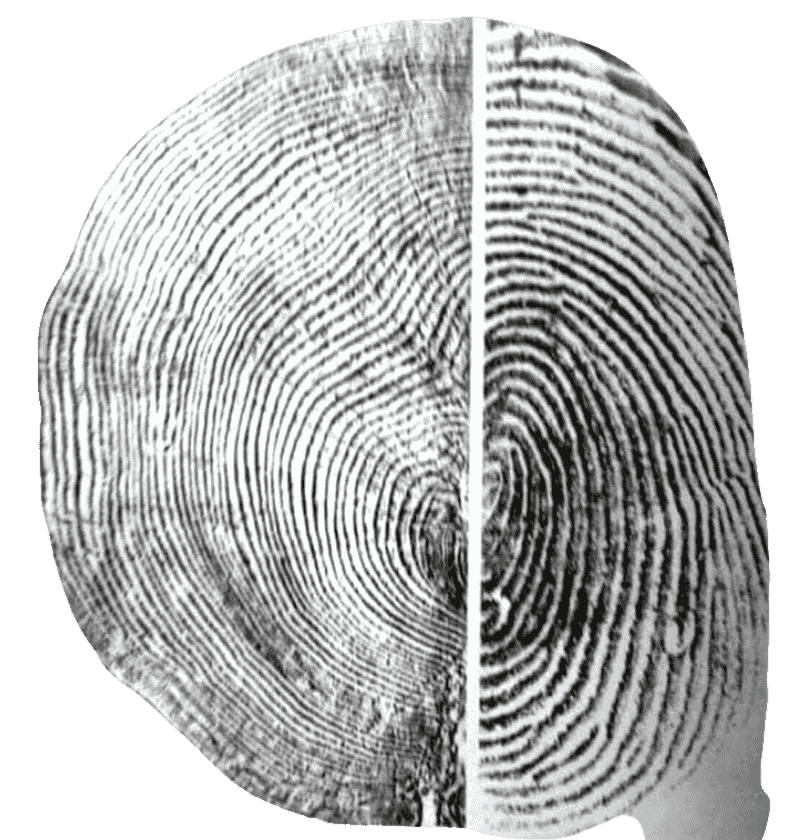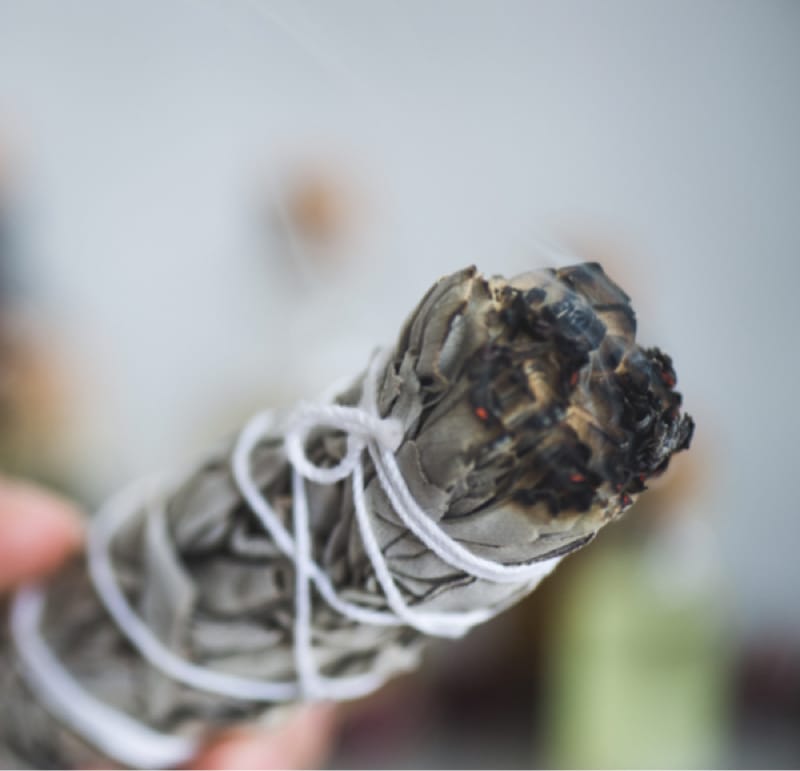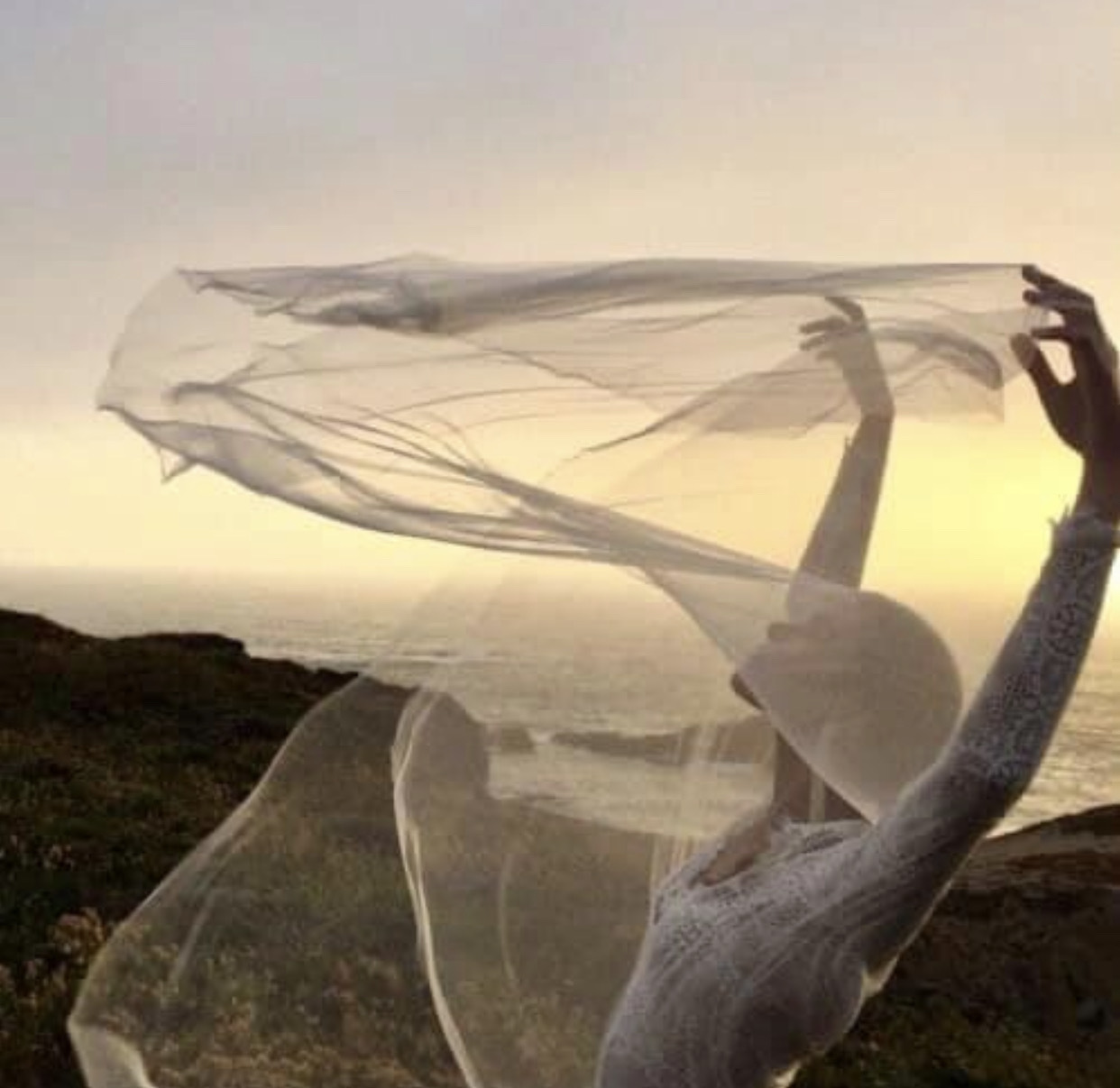The health of our oceans is crucial to life on Earth, yet marine ecosystems face increasing threats from pollution, overfishing, and climate change. Conserving marine wildlife, from majestic whales and dolphins to the smallest plankton, requires dedicated efforts from scientists, governments, and organizations. However, there is another key player in this fight: everyday people.
This year, I was fortunate to participate in a Scientific Expedition, focusing on whale and dolphin conservation work with two incredible marine biologists in the AZORES Portugal. As the extreme weather presented challenges in the rough sea with 5 feet waves, we did a lot of theory work as well as collecting data out at sea in the days possible. These citizen scientist projects are extremely important to me and so I like to share my experiences in hopes to inspire others to participate as well.
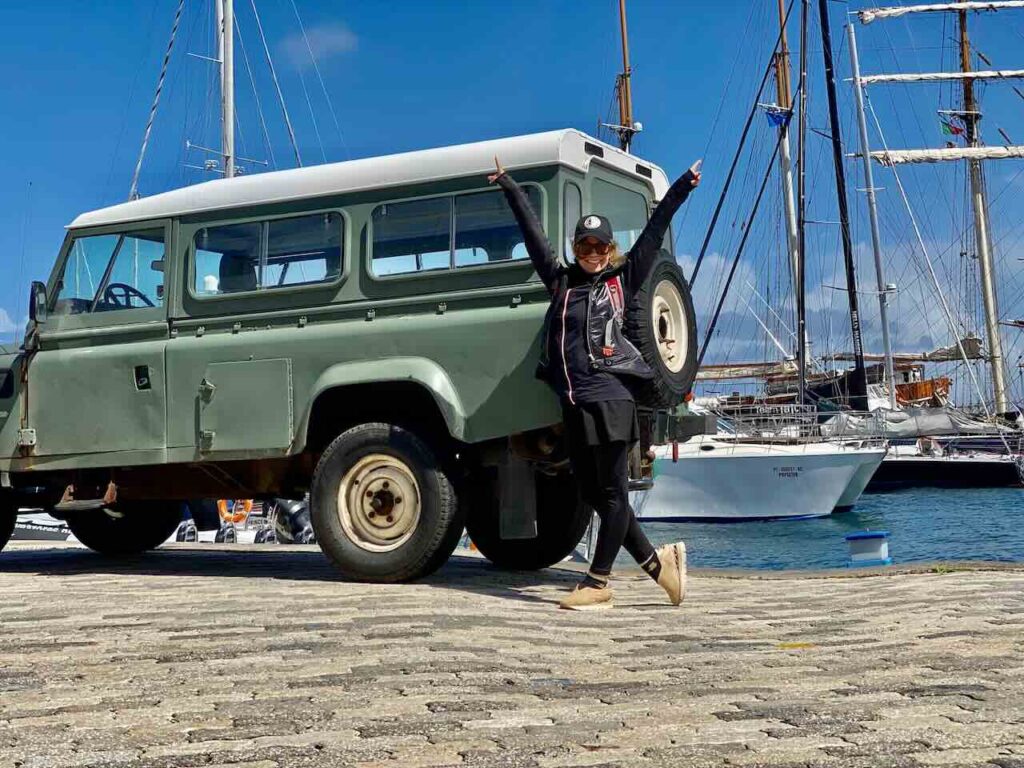
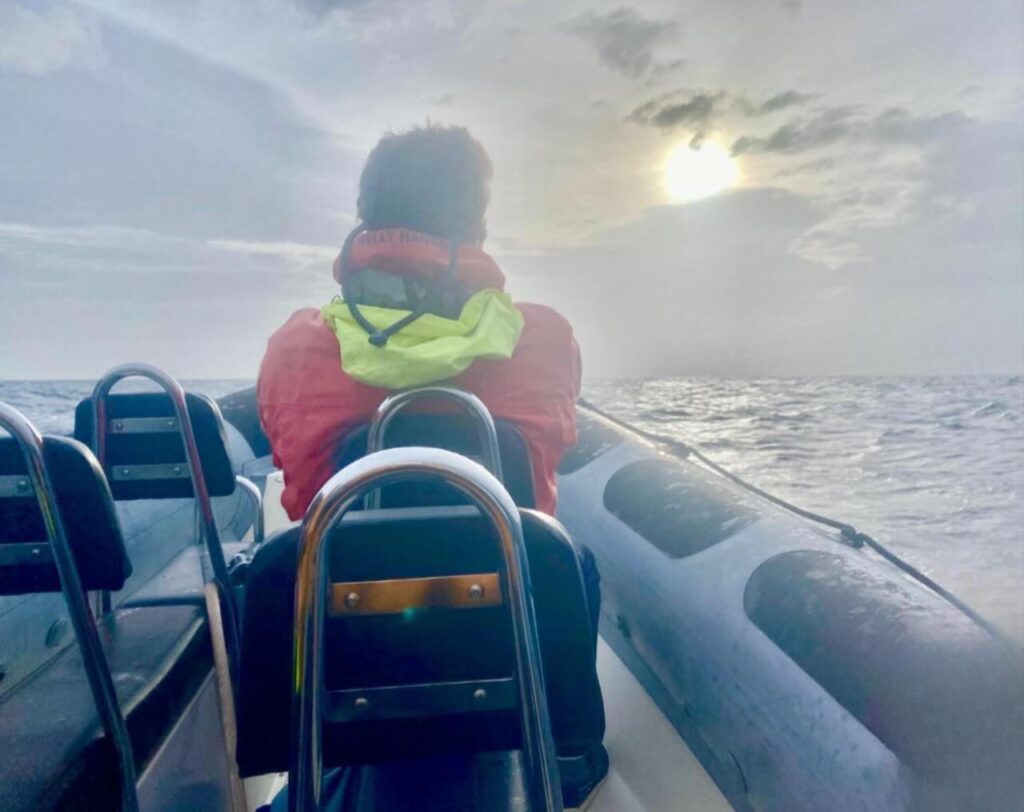
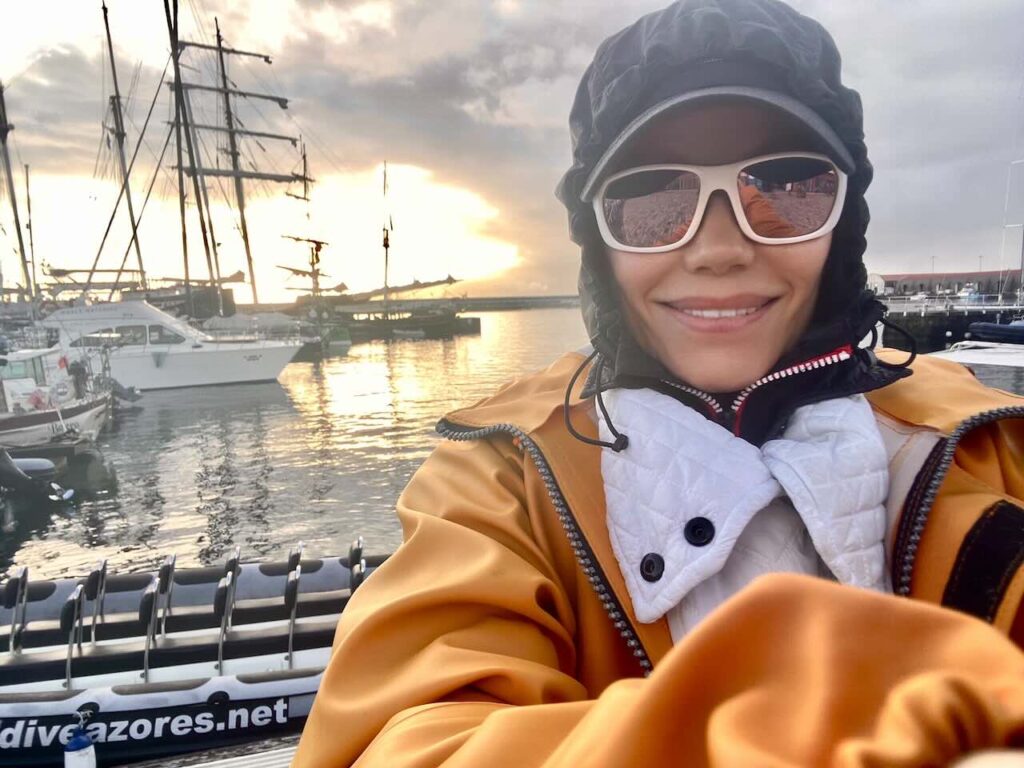
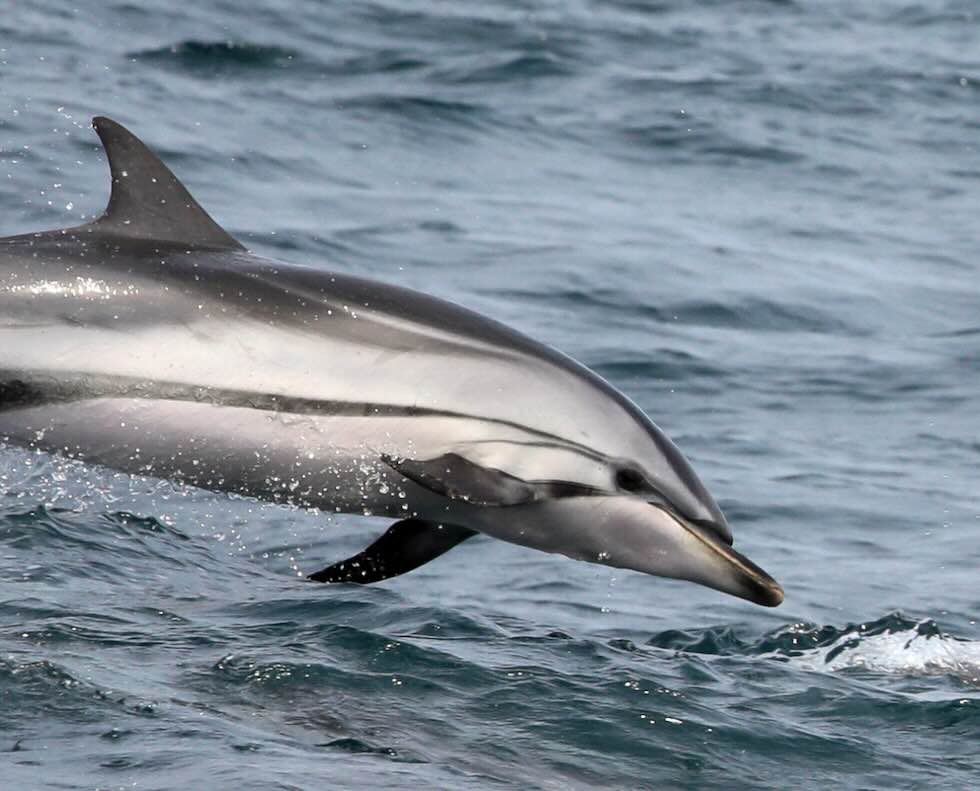
Through citizen science programs, ordinary individuals can make a significant impact on marine conservation, helping to protect these critical ecosystems for generations to come.
What Is Citizen Science?
Citizen science is the practice of involving volunteers in scientific research.
Participants from all walks of life—students, travelers, retirees, and nature enthusiasts—assist scientists by collecting data, monitoring wildlife, and contributing observations. These programs offer volunteers the chance to contribute to real-world science and conservation efforts while learning about the environment firsthand.
In the realm of marine conservation, citizen science programs have proven invaluable. With vast oceanic areas that are difficult and expensive to monitor, citizen scientists provide the manpower to gather essential data that would otherwise be unattainable for research teams working alone. Whether it’s spotting whales, recording dolphin behaviors, or monitoring sea turtle nests, volunteers help scientists gain a deeper understanding of marine species and the challenges they face.
How Citizen Scientists Help Marine Conservation
1. Wildlife Monitoring:
One of the most common ways citizen scientists contribute is by monitoring marine species. Programs across the world recruit volunteers to observe and document sightings of whales, dolphins, sea turtles, and other marine life. This data is crucial for understanding population trends, migration patterns, and how these species are responding to environmental changes.
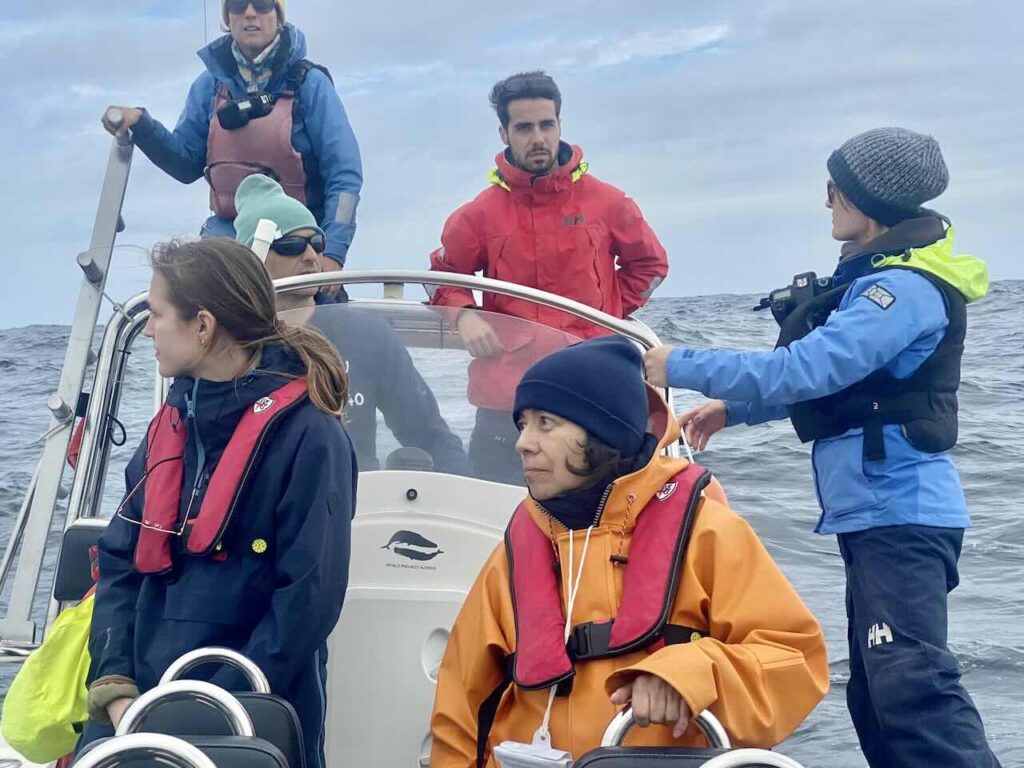
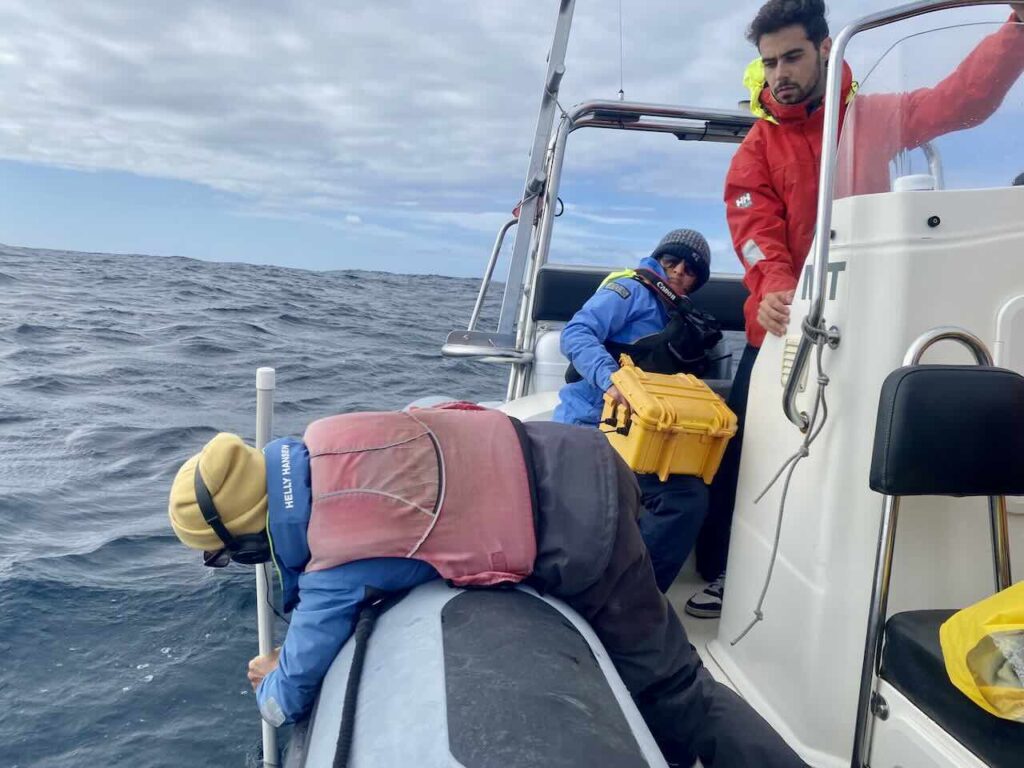
For example, many citizen scientists participate in photo-identification projects, where volunteers take photos of dolphins’ dorsal fins or whales’ tail flukes. These unique features help researchers identify individual animals and track their movements over time, providing insight into their health and behavior.
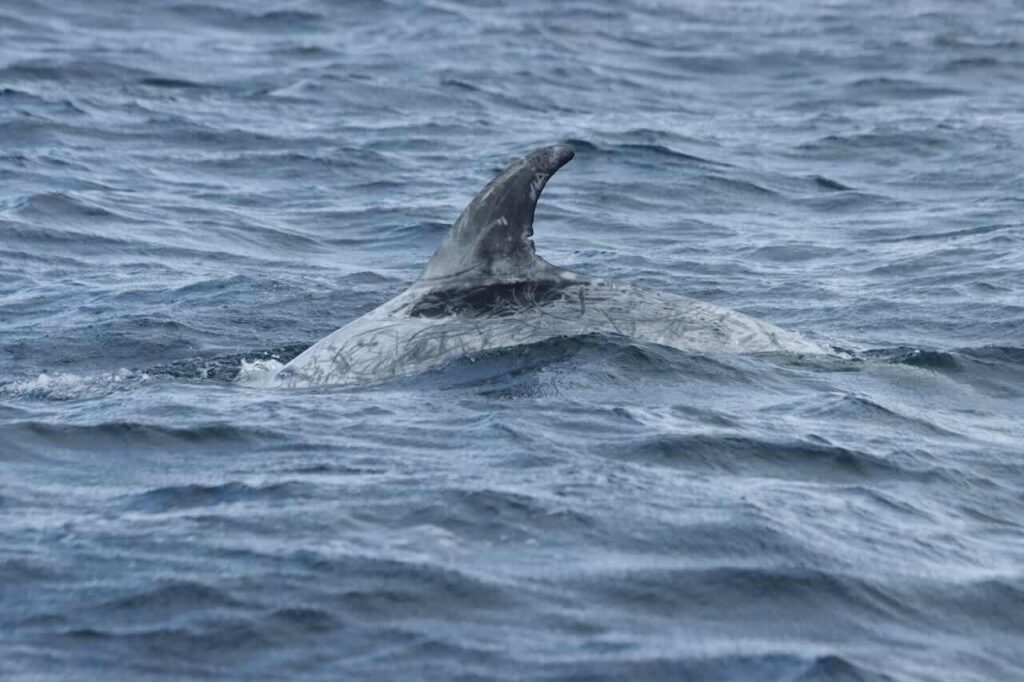
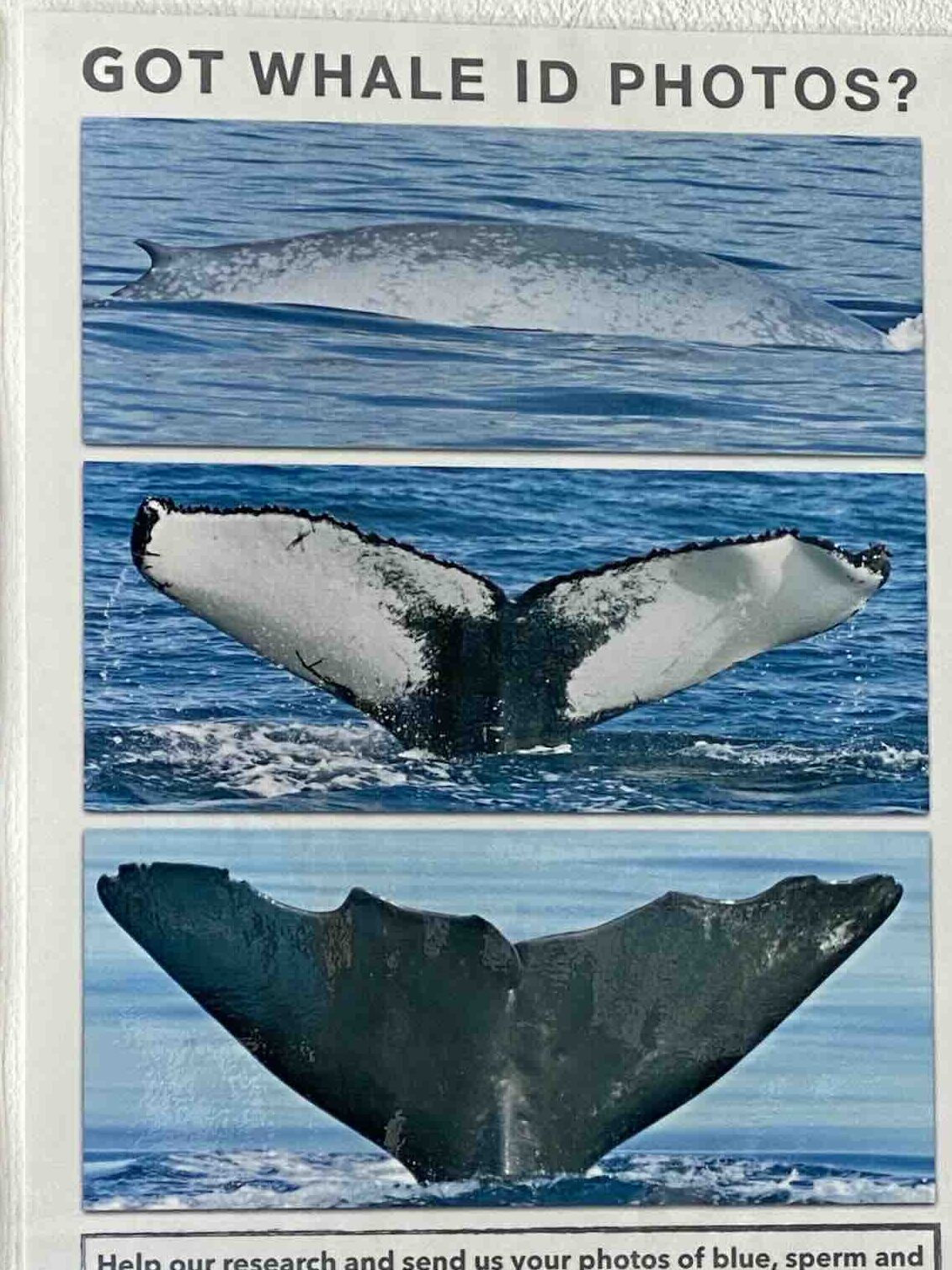
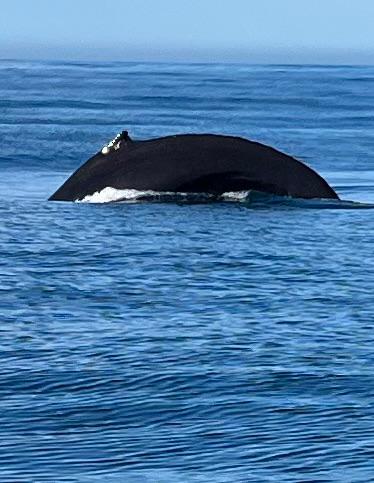
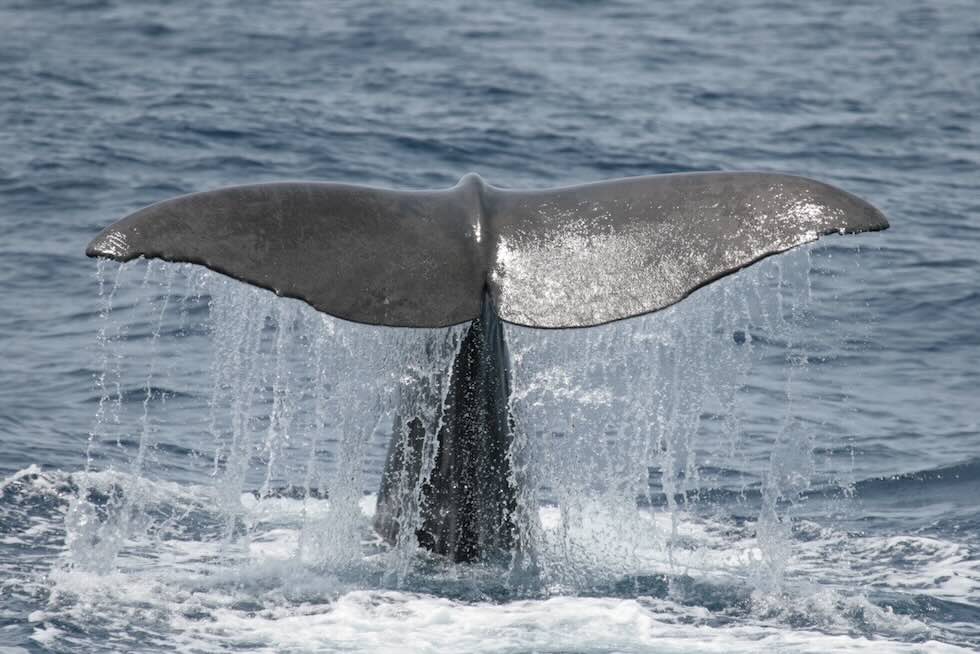
2. Gathering Data in Remote Locations
Oceans cover over 70% of the Earth’s surface, and monitoring all of this space is a daunting task. Citizen science programs allow researchers to extend their reach by involving volunteers in remote or hard-to-access areas. In places like the Azores, volunteers on marine expeditions gather data on whales, dolphins, and turtles in some of the most biodiverse waters on the planet.
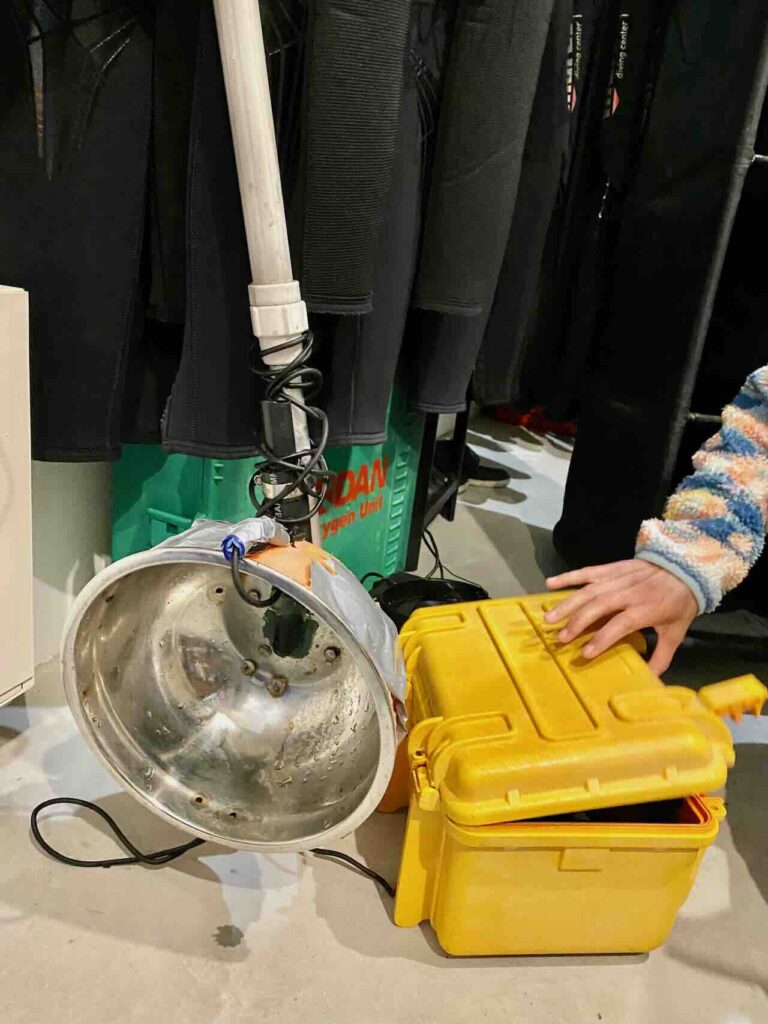
3. Supporting Research and Conservation Efforts
By participating in fieldwork, citizen scientists help professional researchers focus on analyzing data and developing conservation strategies. In return, volunteers learn valuable skills, like species identification, data collection techniques, and ecological knowledge. This mutual exchange empowers both parties: researchers get the assistance they need, and volunteers gain hands-on experience and a deeper connection to the natural world.
Why Is Marine Wildlife Conservation So Important?
Our oceans are home to an incredible diversity of life, supporting everything from the tiniest organisms to the largest animals on Earth. But these ecosystems are under constant threat. Overfishing, plastic pollution, habitat destruction, and climate change are driving many species to the brink of extinction. Marine conservation efforts are vital not only for protecting these species but for maintaining the health of the entire planet.
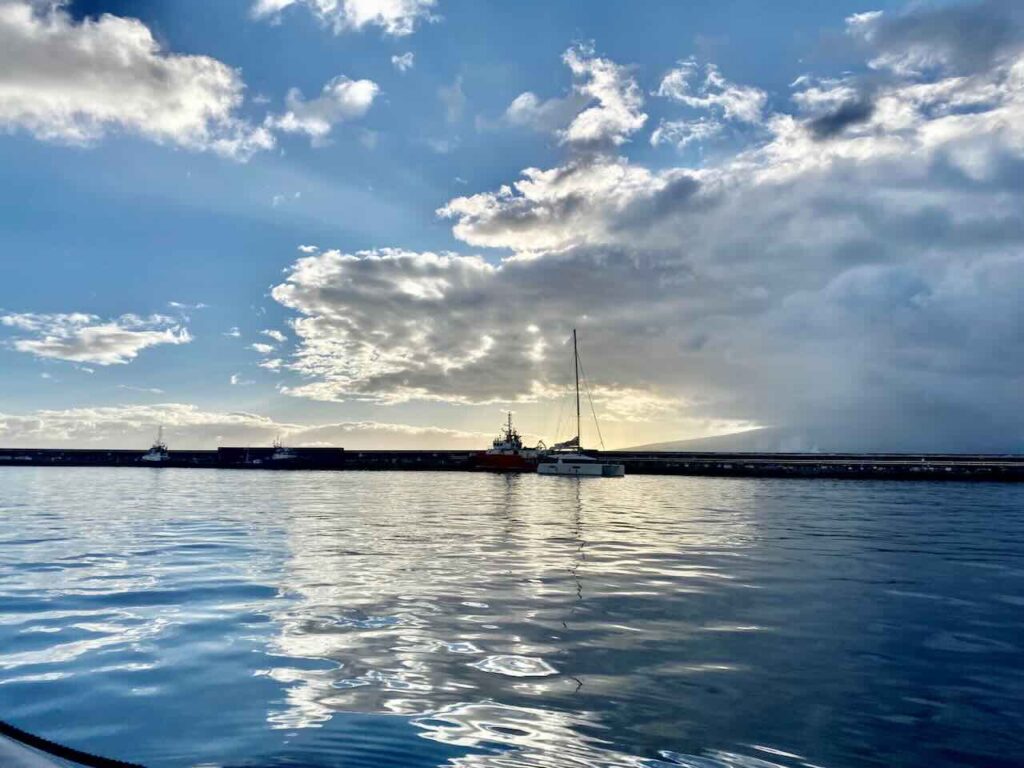
Whales, dolphins, and other marine animals play crucial roles in ocean ecosystems. Whales, for example, help regulate the marine food web by controlling the populations of prey species. Additionally, their nutrient-rich waste supports the growth of phytoplankton, which produces a significant portion of the Earth’s oxygen. By protecting these keystone species, we are safeguarding the health of the oceans, which in turn supports all life on Earth.
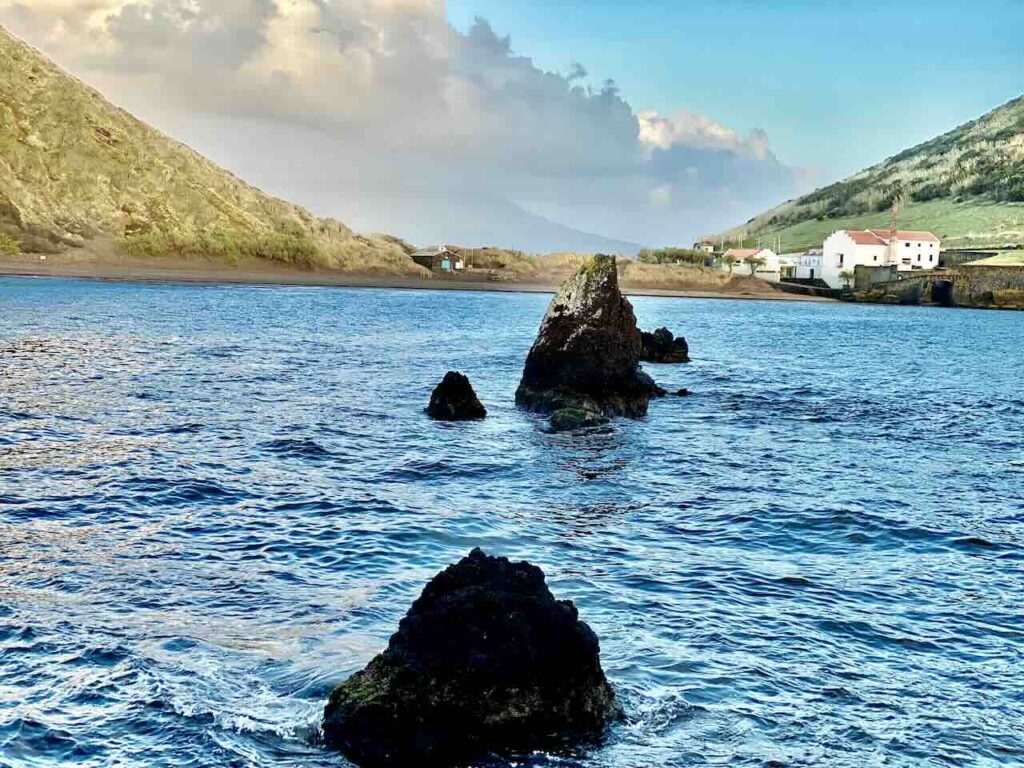
The Impact of Citizen Science on Conservation Success
The data collected by citizen scientists has been instrumental in numerous marine conservation successes. From identifying new marine protected areas to influencing policy changes that regulate commercial fishing and protect endangered species, citizen science plays a pivotal role in shaping the future of our oceans.
For instance, citizen scientists have helped monitor the recovery of marine species like humpback whales and sea turtles, whose populations have rebounded thanks to conservation efforts fueled by data collected by volunteers. This data helps decision-makers understand where protection is most needed and which conservation strategies are most effective.
Whale world record and the power of citizen science
9 June 2021 – A sperm whale has been observed in the Azores archipelago in the middle of the Atlantic ocean over a 34 year time span, setting an observation record in the Atlantic and very possibly the world. The observations over this record-breaking time span were made by a combination of scientists and citizen scientists, showing once again the power of this increasingly prominent branch of science.
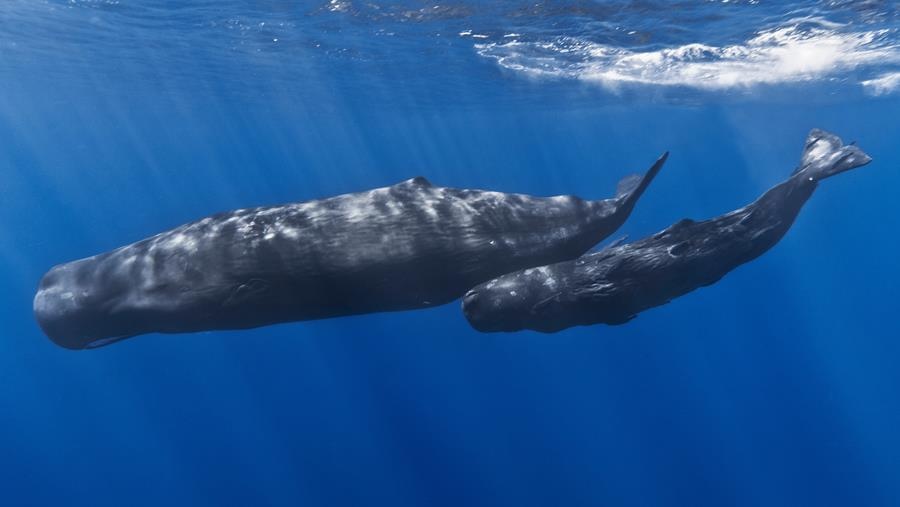
34 year record
The female sperm whale “19” was first seen in 1987 in the Azores during the research cruises of the International Fund for Animal Welfare. Scientists know she is a female, because she was spotted with several calves over the years. Thirty-four years later she was spotted again by cetacean scientist Lisa Steiner of Whale Watch Azores.
In between she was recorded in 1991, 1994, 2002, 2004, 2006, 2007, 2008, 2015, 2016 and 2021 by a combination of science and citizen science projects. She has not been seen outside of the Azores, but it is possible that her group has travelled to other parts of Macaronesia, like several other groups have.
How You Can Get Involved
If you’re passionate about the ocean and marine life, joining a citizen science program is one of the best ways to make a difference. Many organizations offer opportunities for volunteers to participate in marine conservation projects around the world, whether through short-term expeditions or long-term monitoring efforts in your local area. You don’t need to be a scientist or have specialized knowledge—just a willingness to learn and contribute.
By volunteering, you can help protect marine wildlife, gain hands-on experience in conservation, and become part of a global movement working to safeguard our oceans. Citizen science empowers individuals to take meaningful action, proving that we can all contribute to the fight for a healthier planet.
Marine conservation is a monumental task, but with the help of citizen scientists, we are making progress. By participating in these programs, volunteers provide critical data, raise awareness, and actively contribute to protecting the incredible diversity of marine life. Whether you’re observing whales off the coast, tracking dolphins in the open sea, or monitoring turtle nests on a sandy beach, your efforts matter.
Together, we can help preserve our oceans and ensure a thriving future for the marine species that call them home.
